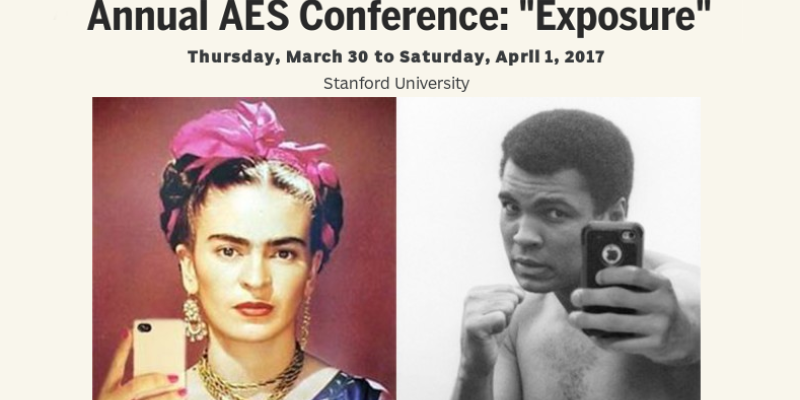
The American Ethnological Society Spring Conference 2017, celebrated at Stanford University, invited anthropologists to submit proposals that addressed "exposure as a ground for making sense of urgent issues in the world today". Reflecting upon her work with public schools, Altamente's lead researcher, used this venue to share with colleagues some of her preliminary insights from her ethnographic fieldwork on teachers. Key in her findings, Gorbea addressed in her conference paper the push back she faced several fronts when "questioning the concept of school failure." What began as a matter of theoretical grounding, unexpectedly became an act of exposing "school failure" as an "unquestionable assumption." Her paper went on to address questions such as why? when? how? what? and join many others exposing inconvenient or invisible truths. "Exposure has long been part of many a knowledge maker’s toolbox, and it is certainly indispensable today for whistleblowers, community activists, and investigative journalists who use exposure for their progressive projects of speaking truth to power." The abstract of the conference paper follows:
The Changing Social Construction of Failure in Education as Means of Resistance and Colonization in Puerto Rico
This research exposes the “unquestionable” status of “failure” as an attribute describing the Puerto Rico public education and explores the evolution, usefulness and impact of this social construct. Over the period of two years on the field, which included visits to 150 public schools through a variety of applied anthropology engagements, I found evidence contrary to the dominant narrative of failure, and systemic deterrents that allow the “failure” remain uncontested. In response, the current study is an ethnographic analysis of policy that uses the structure of public anthropology to reveal a growing gap between the experience of a silent majority and the dominant narrative. Together, teachers and school communities address the social and personal costs of policy-based stigma, and discuss means of resistance and advocacy to transform public education. Whereas recent reports reaffirm that Puerto Rico’s failed public education explains the Island’s current economic crisis, this work suggests that it is the current political and economic context that begets the perception of failure, incentivizes diasporic movements, and cripples wealth creation.